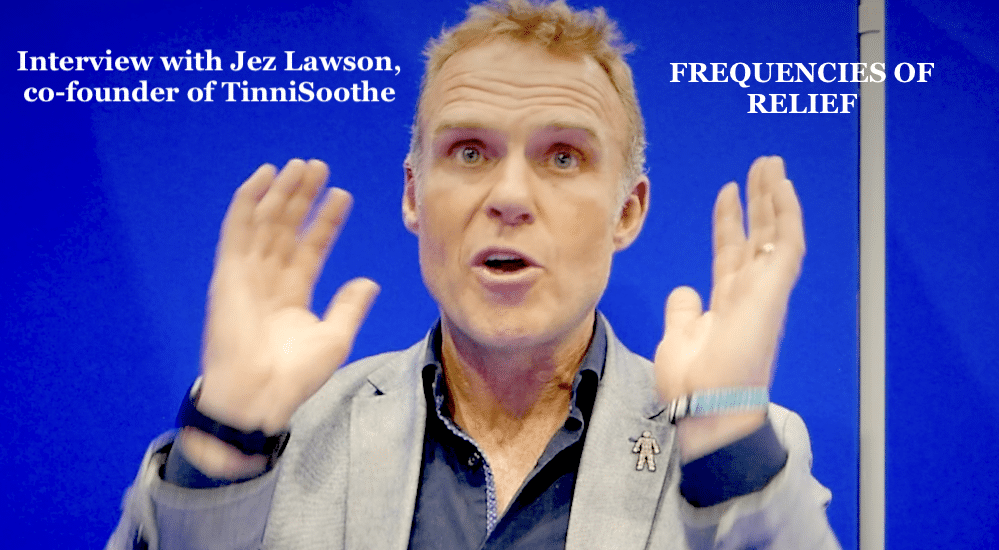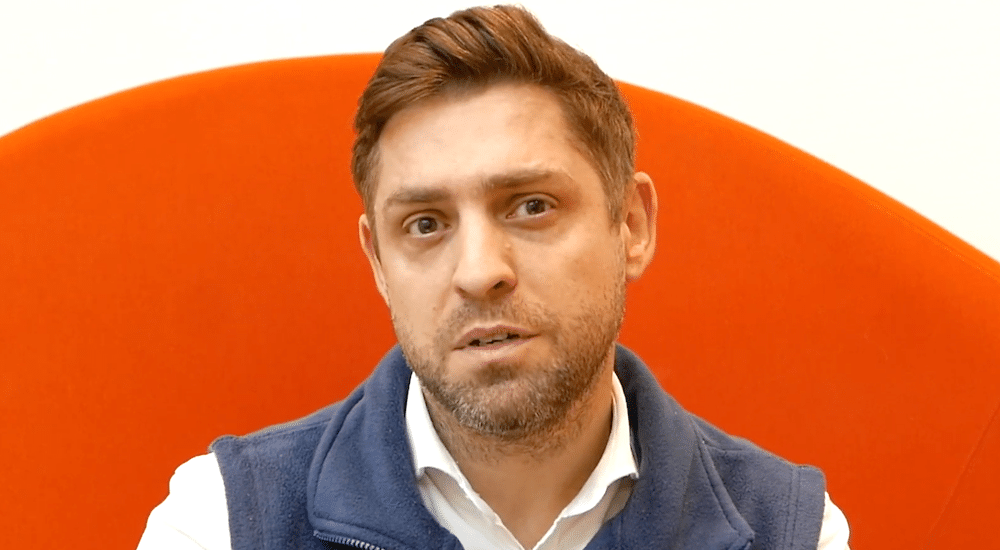Call for Medicare to cover hearing as study reveals income factor in elderly access to audiology services
research
A new Johns Hopkins University study has revealed that older adults do not access professional help with hearing aids, while poorer users are more likely than the affluent to struggle with their devices.
The study, published in the January issue of the journal, Health Affairs, suggests that more affordable over-the-counter sales will not necessarily bring improved hearing care, highlighting the importance of professional services in fitting and optimising.
The basis for this analysis was the 2013 Medicare Current Beneficiary Survey, in which researchers found 1,133 over-65-year-olds with hearing aids. Of those in the lowest income group, 71 percent said they did not receive hearing care services in the year before the survey, against only 58 percent of those in the highest-income category.
Income-level as a factor in having a properly functioning hearing aid was underlined by the study, whose co-author Nicholas Reed, assistant professor of audiology in the Department of Otolaryngology – Head and Neck Surgery at the Johns Hopkins University School of Medicine, said: “This study highlights the fact that hearing aids alone don’t necessarily improve hearing; hearing care services are important too, but there are barriers that prevent many people from accessing those services.”
Medicare coverage in the US does not currently include hearing devices and audiology services, while in just 28 states there is limited coverage for those on low income through Medicaid. The study’s authors recommend access be facilitated by including hearing care services under Medicaid or, preferably, that benefits be spread wider by including services under Medicare.
“If Medicare were to cover hearing care services, then that should improve access to those services, which over time should result in better functioning hearing aids for older people,” said Reed.
Source: ScienceDaily
 Sign in
Sign in

